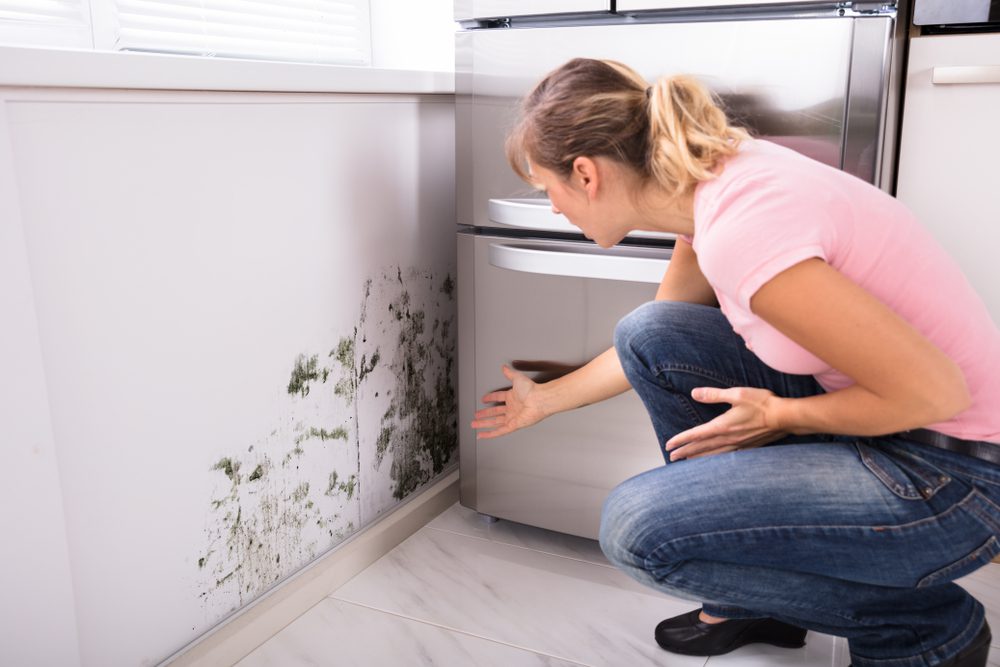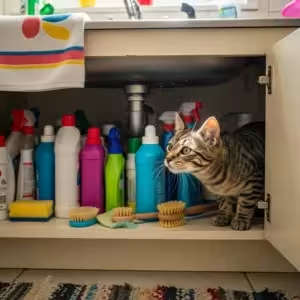
Indoor plants
Pets can also be allergic to certain indoor plants, so before you buy a new plant, try to make sure that it won’t trigger an allergic reaction in your pet.
“Any flowering houseplant has the potential to cause pets to have an allergic reaction,” Dr. Arndt says. “Symptoms typically occur seasonally and present as itchy skin, excessive grooming, rashes, sneezing and eye discharge. To prevent mold in the soil, don’t overwater your plants, and keep them in a well-lit and ventilated room.”

Smoke
Pets, but especially cats, can be allergic to smoke. If your pet inhales high levels of smoke they can develop some respiratory problems. Try to pay attention to wood smoke when you use your fireplace and keep your pets away from it. “Some pets can suffer from asthma from inhaling the chemicals and irritants,” said Dr. Arndt.
Other smoke allergy symptoms include shortness of breath, watery eyes, sneezing or difficulty breathing, says Dr. Rossman.

Mold
If your room is exposed to moisture, it can form mold, so try to keep your pet away from the mold, as they may be allergic to it. The rooms prone to mold are your bathroom, basement, laundry room, mudroom and kitchen.
As you probably know, mold multiplies in dark moist places and sometimes it might not be visible. So, you should ventilate your house every day and wipe up any spills.
Mold can be bad for your health as well. According to the Center for Disease Control and Prevention (CDC), “exposure to damp and moldy environments may cause a variety of health effects or none at all. Some people are sensitive to molds. For these people, exposure to molds can lead to symptoms such as stuffy nose, wheezing, and red or itchy eyes, or skin. Some people, such as those with allergies to molds or with asthma, may have more intense reactions. Severe reactions may occur among workers exposed to large amounts of molds in occupational settings, such as farmers working around moldy hay. Severe reactions may include fever and shortness of breath.”















